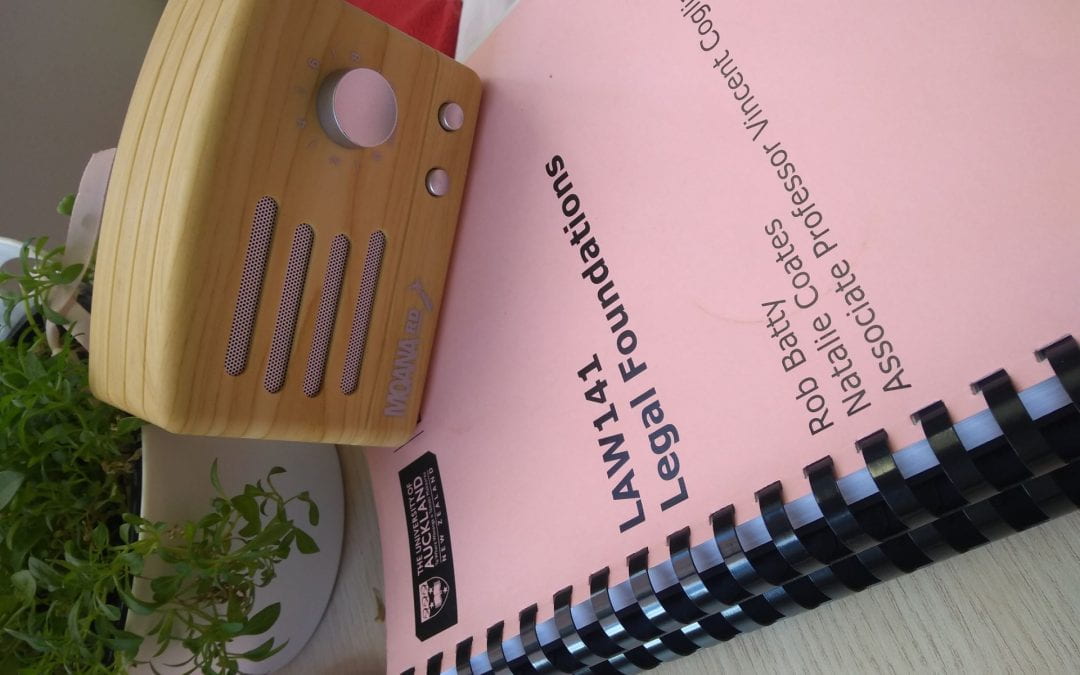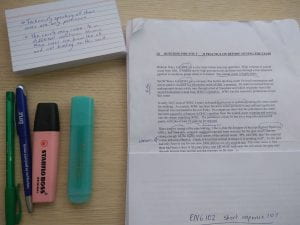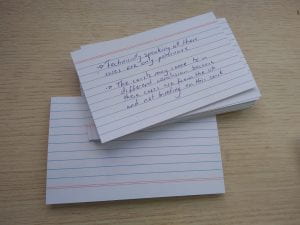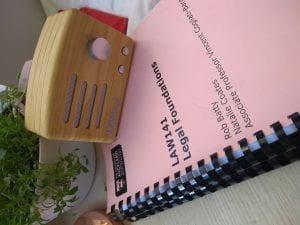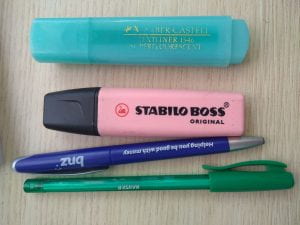Last Friday I had my first law test for the semester and it was hell on earth.
Okay that may be a little dramatic but still, it was 30% of my final grade (although the course does have plussage*) and I was determined to do well. We still haven’t got the grades back yet and we probably won’t for a few weeks but what I realised is that there are definitely some ways of studying that are better then others. Bear in mind that this study method works for me and it may not work for others, but it should still be super helpful:)
*Plussage is a system that lets you get the best possible final mark for a course. It means that if i get a better grade in my exam than i did in my test then the test grade is written off and the exam grade counts for 100% of my overall course G.P.A. So if I get a B+ in my test and then an A- in my exam, then the A- counts for the whole of my grade. If I get a B+ in my test and a B- in my exam then the two grades are combined to provide the final overall course G.P.A.
Tip number 1:
Find out what is actually going to be in the exam or test. For this law test I had about 14 lectures worth of material, and I was fully prepared to study all of it. However one of my friends who was planning on doing the same thing emailed our professor and he straight up told her we would only need to know 8 or 9 specific cases (so around 6 lectures) and then some general legal reasoning. Usually in a test or exam there will be specific things that you need to know, and usually if you just ask a prof or a teacher they will tell you. Study only that stuff, and make sure you study it well. There is no point studying the fundamental beliefs of Aristotle if the test is on Plato (Pol109)
Tip number 2:
Q cards. Q cards are so so helpful, and allow you to memorize key facts or quotes that can get you an extra point in an exam and bump you up a grade. The important thing to remember about Q cards is that you can’t over fill them with information. The way you learn off Q cards is that it is quick, fast and allows your brain to snapshot the information again and again until you can remember it easily. So there’s no point asking a question on one side of the Q card if the answer on the other side is several bullet points long. You can get a pack of 100 blank lined cards from warehouse stationary for $14. It sounds like a lot of money when you could just make them at home, but it’s quicker, tidier and a good investment.
Tip number 3:
Make full use of your tutor/teacher/professor. People joke about how they don’t attend tutorials but they are actually super helpful and a great way of testing yourself for upcoming exams. Especially for law, usually the tutorial exercises will mimic upcoming tests or exams so it is a good way of keeping up with the coursework (or catching up if you slept through the morning lecture).
Tip number 4:
If your test or exam is an essay or long answer question, identify key words or phrases that you can integrate into your answer to make it seem more eloquent and well reasoned. It sounds silly, but sometimes your marker will be more willing to give you an extra point if you have written an answer using words that provide the impression of what i’m sure is already a well reasoned, clever answer. It also saves a lot of time if you already have ten different sentence starters for potential exam questions memorized in your head. If you know the exam question is going to be on the conflict of social values in Pride and Prejudice (Eng102) then you can have four different intro starters memorized, and some key points, words or phrases that you could twist to fit the question. I wouldn’t recommend memorizing a whole answer and then trying to twist it on the day. But rather do everything you can to convince your marker that you deserve a good grade.
Tip number 5:
Speak it, read it, write it. There is no singular way of learning something, and you are more likely to remember your course content if you have learnt it all three ways. Use Q cards with a friend to practice talking about all the things that will be in your test. Re-read notes with a highlighter or put little post it notes with quick facts written on them all over your house. Put posters on the back of the toilet door, or notes stuck on the fridge. I once stuck a map of New Zealand on the ceiling above my bed so that I could learn all the towns and cities for a social studies exam. Also, if you can, try and get a hold of past exam papers or scripts or questions and then try and answer them yourself. The best way to learn something at the end of the day is just by doing it. However I would recommend doing past exam papers only a few days before the test, because this is less about learning the content, and more about learning how to answer the questions using the content.
So those are my top 5 tips for studying for an important exam or test! I hope they help 😍 – Beth
